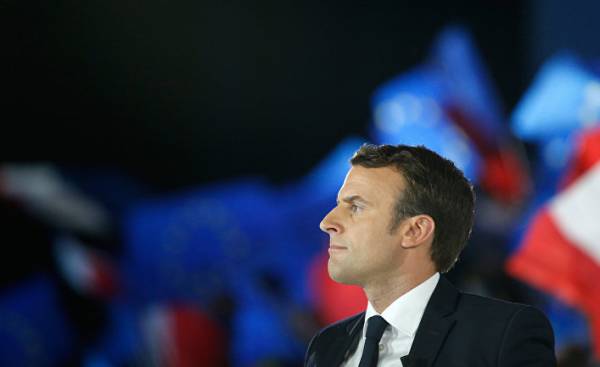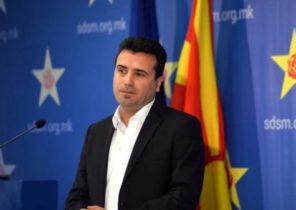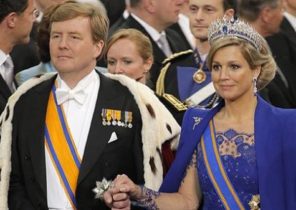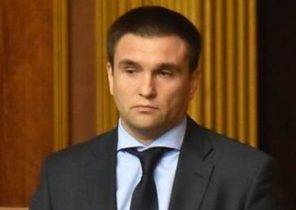
Everywhere in Europe is changing in politics, France is the recent and perhaps the most impressive example of search of new faces and platforms. The old structures that emerged in the postwar political landscape of the continent, becoming obsolete and break down. The continent began to adjust to the idea of technological and economic change, considers that he must also prepare for the transformation with a strong political character. The victory of Emmanuel Macron last weekend marked the emergence of a completely new structure in the political arena of France. Still in Europe you could only see the background of similar events. There is a new rule, which disappear long held beliefs and a clear separation of the right and left. Voters want something new that does not fit into old, ineffective patterns — and not only extremists can support this requirement.
Although macron is not quite an outsider, as he likes to portray himself, the best evidence was his La République En Marche. This self-proclaimed movement of “neither right nor left”, the rise of which was just lightning. They tend to combine liberal values in the economy (traditionally the right) with liberal values on social issues and identity (typical to the left). Its success may largely depend on whether he can convince Germany that the reorganization of the management of the Eurozone through the establishment of the General budget and the Finance Minister is possible if France will introduce structural reforms that he has planned. Early signs say that Berlin might be amenable, but be very careful; before the German elections in September we did not know will. Interestingly, macron showed himself an ally Yanis Varoufakis, former Minister of Finance of Greece, who criticised the tough approach of Germany. Varoufakis reminded that the macron is one of the few who “understand what Euro zone Finance Ministers and the Troika are doing with our government and, more importantly, with our people, to the detriment of the interests of France and the European Union”.
That La République En Marche today could not name the full list of 577 candidates before the crucial parliamentary elections next month, shows that all is not so smooth, but the consequences of the French vote are very important, because they broke all opponents of the Macron. Although each country has its specific political culture and context, but you can still draw Parallels. Left out of the party Podemos and the right-wing of the party Ciudadanos Spain challenge the entrenched socialists and the main right. In Greece, the rise of the SYRIZA party contributed to the care of the party Pasok, after decades of alternating power with the right. In the Netherlands, green and centrist party D66 has made impressive progress this year. In Germany the far-right AfD seems to be losing popularity, partly due to the activation of the social democratic party.
After concerns about the continuing rise of the extreme right in Europe finally came a time when you need to think about innovative approaches that would successfully resisted xenophobic demagoguery that contributed to the rise of trump and, to some extent, bracito. We must remember that the failure to resolve the crisis in the Eurozone was a terrible mistake of post-war Europe, it contributed to the growth of populism. Globalization is erasing the old criteria. Protection of national-based systems of social security and workers ‘ rights in a world where the production and distribution of digital technologies across borders, requires new thinking. Protection of national culture and identity, and at the same time, the openness of the economic opportunities of globalization, making compromise even more difficult: openness difficult to separate. Political big Bang in Europe is still in the early stages. And it has more potential for progress than it seems at first glance.







